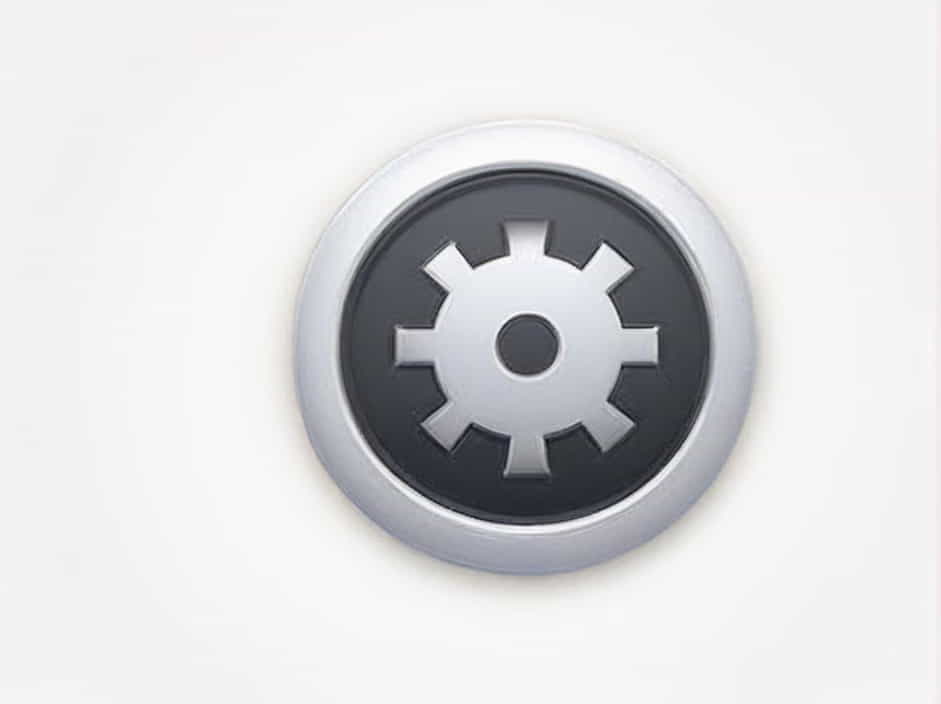A scrutineer plays a crucial role in ensuring fairness, accuracy, and transparency in various decision-making processes. The term is commonly used in elections, competitions, and official verifications. But what exactly does it mean?
This topic explores the definition, responsibilities, and importance of a scrutineer, particularly in elections and other official events.
Definition of Scrutineer
A scrutineer is a person assigned to observe, verify, and oversee a process to ensure that it is conducted fairly and according to the rules. The word comes from the verb “scrutinize,” which means to examine something carefully.
Scrutineers are commonly seen in:
- Elections (to oversee vote counting).
- Competitions (to ensure fairness in judging).
- Corporate meetings (to verify voting outcomes).
The Role of a Scrutineer in Elections
One of the most common areas where scrutineers are needed is in elections. Their role is vital in maintaining electoral integrity and preventing fraud.
1. Ensuring Transparency
Scrutineers monitor the voting and vote-counting process to ensure there are no irregularities. They act as independent observers, often representing candidates or political parties.
2. Verifying Votes
During elections, scrutineers help ensure that each vote is counted correctly and that no manipulation occurs. They can challenge suspicious ballots and request clarifications from election officials.
3. Reporting Irregularities
If a scrutineer notices any suspicious activity, such as double voting or missing ballots, they report it to election authorities. This helps maintain a fair democratic process.
4. Representing a Candidate or Party
Political parties and candidates appoint scrutineers to protect their interests during an election. A scrutineer does not interfere with the process but acts as a watchdog to prevent unfair practices.
Scrutineers in Other Contexts
Apart from elections, scrutineers are also involved in other fields where fairness and accuracy are required.
1. Corporate and Business Meetings
In shareholder meetings, scrutineers verify the results of voting on company policies, mergers, or leadership decisions. Their role is to ensure that all votes are properly recorded and counted.
2. Competitive Events and Examinations
In competitions, from sports events to academic exams, scrutineers help prevent cheating and ensure that all rules are followed. For example:
- In a talent competition, a scrutineer may verify that judges are unbiased.
- In an exam setting, scrutineers act as invigilators to prevent cheating.
3. Government and Legal Proceedings
Some government bodies and legal systems appoint scrutineers to verify documents, signatures, or public petitions to ensure that they are legitimate.
Qualifications and Skills of a Scrutineer
A scrutineer does not need formal education in most cases, but certain skills and qualifications are beneficial:
1. Strong Attention to Detail
Since scrutineers are responsible for verifying accuracy, they must be highly observant and able to detect errors or irregularities.
2. Knowledge of Rules and Regulations
Understanding the laws and guidelines of the process they are overseeing is crucial. This ensures they can identify any violations and report them accordingly.
3. Impartiality and Objectivity
A scrutineer must be fair and unbiased. Their job is to ensure the process is conducted properly, not to influence the outcome.
4. Strong Communication Skills
Scrutineers must be able to communicate effectively with officials, participants, and other observers to clarify issues and report any concerns.
Why Are Scrutineers Important?
The presence of scrutineers is essential in maintaining trust in democratic, competitive, and organizational systems. Here are the key reasons why scrutineers are important:
1. Preventing Fraud and Misconduct
Without scrutineers, processes like elections and corporate voting could be manipulated. Their presence helps deter dishonest behavior.
2. Increasing Public Trust
When people know that impartial observers are monitoring a process, they feel more confident that the results are fair and legitimate.
3. Ensuring Rule Compliance
Scrutineers help ensure that rules and regulations are followed in every step of the process, reducing disputes and maintaining order.
Challenges Faced by Scrutineers
Despite their important role, scrutineers face several challenges:
1. Limited Access to Information
In some cases, scrutineers may not be given full access to observe the process, making their job difficult.
2. Hostile Environments
Scrutineers in political elections or controversial events may face intimidation or pressure from different parties.
3. Legal Restrictions
Different countries and organizations have varying laws about the powers of scrutineers, which can sometimes limit their ability to act effectively.
A scrutineer is a crucial figure in elections, competitions, and corporate settings, ensuring that processes are fair, transparent, and accurate. Their role in overseeing vote counting, verifying results, and preventing fraud makes them essential in maintaining trust and integrity.
By understanding the meaning and responsibilities of a scrutineer, we can appreciate their importance in ensuring honest and reliable outcomes in various fields.
